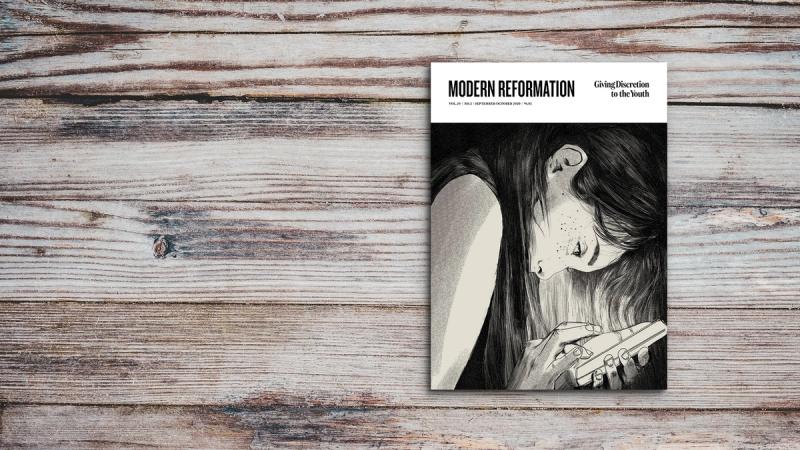In the book of Proverbs, we are instructed to “pay attention” to the words of the wise and to “give our attention” to wisdom (Prov. 4:20; 5:1), to which many of us will, if we are honest, respond with the words of Augustine, “Behold, my life is a distraction” (Confessions, 11.29.39). In the same passage, Augustine describes distraction as a kind of “stretching out” over things that have been and things that may be. He says that this “stretching out” makes us thin. Sort of like “butter scraped over too much bread” (to quote the Augustinian hobbit, Bilbo). And then, beautifully, Augustine contrasts his distracted life, pulled in many different directions, with the one God, who is rich in mercy.
But because your mercy is far greater than my [distracted] life . . . and because your right hand has gathered me up into my Lord, by the Son of Man, the Mediator between you, the One, and we, the many . . . I press on, not as stretched out over those things past and future, but as stretched forth toward things present; I press on, not distractedly but with attention toward the prize of my heavenly calling.
For Augustine, not only is the one God the solution to the multiplicity of distraction, but the one God’s grace toward us in Christ is the remedy for the sin of distraction. In the Christian tradition, our distraction is traced back to the sin of sloth. Distraction is a kind of mental laziness, where we fail to do precisely as the proverb instructs: “Pay attention to wisdom.”
Elsewhere Augustine describes this kind of attention, using the common experience of squinting in order to focus on an object of sight. We’ve all had that experience: noticing something in the distance that is not entirely clear but piques our interest. So, we lean in a bit and squint. Attention is like that, he says. It is a kind of mental squinting, when we intentionally narrow our focus, shade the peripheral, and make ready our minds. It prepares us for action, for learning, for growth. To remain in a state of distraction is to remain a mental couch potato.
We live in an age of distraction. This is not a new problem, as the passage from Augustine attests. But it must be admitted that we are really good at it. We’ve streamlined distraction. We carry it around with us in our pockets. In this issue, we’ve considered various challenges that face our youth. Surely, we ought to add distraction as among the most serious of those challenges. But as we have discovered, these are challenges for us adults as well.
Let us therefore pray for courage and perseverance that we might lead our youth by example. Let us put down the phone. Let us turn off the tablet. Let us practice the act of mental squinting, so that having given our own attention to wisdom, we will then be able to say to our children, “Pay attention to my words.”
Joshua Schendel is executive editor of Modern Reformation.







